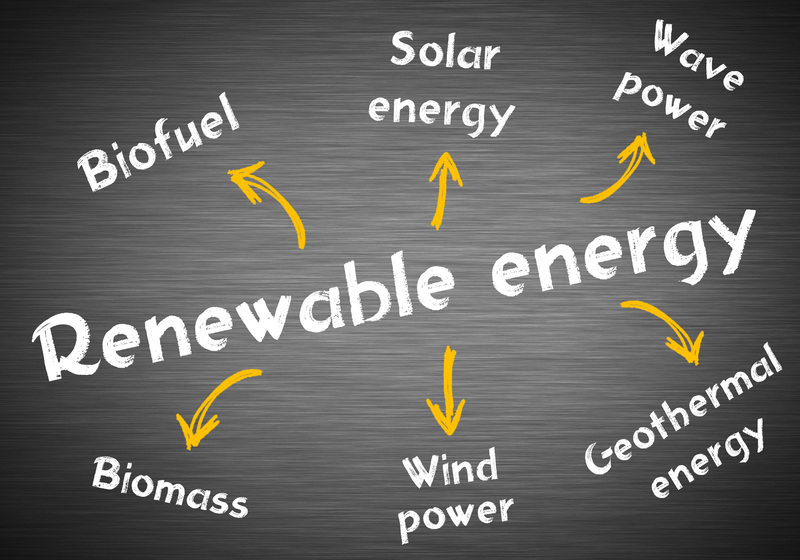Practical Tips for Safe and Eco-Conscious PPE Disposal
The widespread use of Personal Protective Equipment (PPE) has become an essential part of daily life, especially in healthcare settings and amid global health crises. However, the increased consumption of disposable masks, gloves, gowns, and face shields has raised significant concerns about their impact on the environment. Improper disposal of PPE not only poses health risks but also contributes to environmental pollution, harming oceans, wildlife, and ecosystems. This article offers practical tips for safe and eco-conscious PPE disposal to help individuals and organizations protect both public health and the planet.
Why is Responsible PPE Disposal Important?
PPE items are designed to protect us from harmful pathogens, chemicals, or pollutants. However, most conventional PPE is made from non-biodegradable plastics such as polypropylene, leading to growing environmental concerns. Mismanaged PPE waste can:
- Clog waterways and sewage systems, leading to flooding and pollution
- Kills or injures wildlife that may ingest or become entangled in discarded PPE
- Contribute to the microplastics problem, contaminating soil and water
- Potentially spread infectious diseases if contaminated PPE is handled improperly
For these reasons, learning safe and eco-conscious PPE waste management tips is imperative for everyone.

Understanding Different Types of PPE and Their Disposal Challenges
To practice environmentally friendly PPE disposal, it's important to recognize the types of PPE commonly used:
- Disposable face masks: Including surgical masks and N95 respirators
- Gloves: Usually made of nitrile, vinyl, or latex
- Face shields and goggles: Often constructed from hard plastics
- Gowns and protective suits: Typically manufactured from synthetic fibers
General Principles for Safe and Green PPE Disposal
Whether you are disposing of PPE at home or in a healthcare facility, simple practices can ensure safe and eco-conscious PPE disposal:
1. Separate PPE From Recyclables and Regular Waste
Never toss used masks or gloves in regular recycling bins. PPE can contaminate recyclable streams and pose health risks to waste handlers.
- Designate a lined bin exclusively for PPE waste at home, work, or public areas.
- Clearly label the bin to avoid confusion among users.
2. Do Not Litter
Improperly discarded PPE on streets and sidewalks can instantly become an environmental hazard.
- Always place used PPE in proper waste containers.
- If no bins are nearby, carry a sealable bag to store PPE until you can dispose of it correctly.
3. Ensure Safe Handling
When handling used PPE, prioritize your safety first:
- Do not touch your face while removing used PPE.
- Use gloves if available and dispose of them after use.
- Sanitize or wash hands thoroughly with soap and water after handling PPE.
4. Check Local Guidelines for PPE Disposal
Municipalities may have specific rules for handling PPE waste, especially during health emergencies.
- Some cities have set up PPE-specific disposal points.
- Follow instructions regarding sealing, bagging, and collection schedules.
Eco-Conscious Strategies for PPE Disposal
While standard disposal practices help ensure health and safety, more can be done to lessen environmental impact:
1. Opt for Reusable PPE Where Feasible
Choose reusable masks and gowns made from washable fabrics for daily use. Wash them frequently according to manufacturer recommendations.
- This significantly reduces the volume of single-use waste.
- Do not reuse medical-grade PPE specifically designed for one-time use.
2. Support PPE Recycling Initiatives
Some organizations have developed recycling systems specifically for PPE items.
- Look for drop-off locations from programs like TerraCycle's Zero Waste Box for PPE in offices, schools, and clinics.
- Participate in local government or private sector PPE recycling projects.
- Encourage communal collection bins in workplaces, if available.
Note that recycling is generally safer for non-contaminated PPE (unsoiled items or those not exposed to biohazardous material).
3. Use PPE Sparingly and Responsibly
- Avoid stockpiling disposable gloves or masks unnecessarily.
- Only use PPE when required--reducing consumption saves money and lessens waste.
4. Look for Biodegradable or Compostable PPE Options
Some manufacturers now produce masks, gloves, and other protective gear from plant-based or biodegradable materials.
- Opt for these alternatives when available and suitable for your environment.
- Read disposal instructions, as compostable PPE often requires industrial composting facilities.
5. Educate Others About Safe PPE Disposal
- Organize workshops or awareness campaigns in schools, workplaces, and communities.
- Share tips for eco-conscious PPE disposal on social media.
- Instruct children and elderly family members on correct habits.
PPE Disposal in Different Settings
At Home
- Wrap used masks or gloves in a bag before placing them in the trash.
- Ensure the bin is covered and emptied regularly.
- Wash hands after disposing of PPE.
At Schools and Workplaces
- Establish dedicated PPE disposal bins in accessible locations.
- Provide guidance posters to remind staff and students of protocols.
- Partner with waste management firms offering PPE recycling solutions.
In Healthcare Facilities
- Follow stringent biomedical waste protocols as per health and safety regulations.
- Segregate PPE waste from general waste at the source.
- Utilize authorized waste disposal vendors familiar with handling infectious materials.
Outdoor and Public Spaces
- Install labeled PPE disposal bins in high-traffic public areas, parks, and stations.
- Organize PPE clean-up drives to tackle littering and safeguard the environment.
Environmental Impact of Improper PPE Disposal
Incorrectly discarded PPE has been found on beaches, in forests, and along city streets. Major consequences include:
- Threats to marine life: Animals can mistake masks or gloves for food, causing blockages, injuries, or death.
- Plastic pollution: Disposable PPE breaks down into microplastics that persist for decades in the environment.
- Disease transmission: Scavengers or waste workers can be exposed to pathogens on improperly discarded PPE.
Reducing these risks begins with every individual adopting eco-conscious PPE disposal practices.
Frequently Asked Questions About PPE Waste Disposal
Can disposable masks or gloves be recycled in household bins?
Are there biodegradable alternatives to traditional PPE?
Yes! A growing range of plant-based or biodegradable masks and gloves is available. However, check the proper disposal methods as some require industrial composting.
How can workplaces reduce PPE waste?
- Switch to reusable PPE where safety standards allow.
- Participate in corporate PPE recycling programs.
- Educate employees about correct disposal and environmental impacts.
How can I join a PPE recycling initiative?
Check with local environmental groups, government agencies, or companies such as TerraCycle. They often offer collection boxes and drop-off points.

Key Takeaways for Safe and Eco-Conscious PPE Disposal
- Always prioritize personal safety during disposal.
- Segregate PPE from general and recyclable waste.
- Choose reusable and sustainable PPE options when possible.
- Participate in or advocate for PPE recycling programs.
- Stay informed about local regulations on PPE waste management.
- Raise awareness to create a broader impact on environmental stewardship.
By following these practical tips for safe and eco-conscious PPE disposal, we not only protect ourselves and others from potential health hazards but also take meaningful steps toward preserving our environment for future generations.
Additional Resources
- World Health Organization: COVID-19 Waste Management
- US EPA: PPE Disposal Guidance
- TerraCycle PPE Recycling Solutions
Together, small changes in our daily disposal habits can drive a big change for the health of the planet.